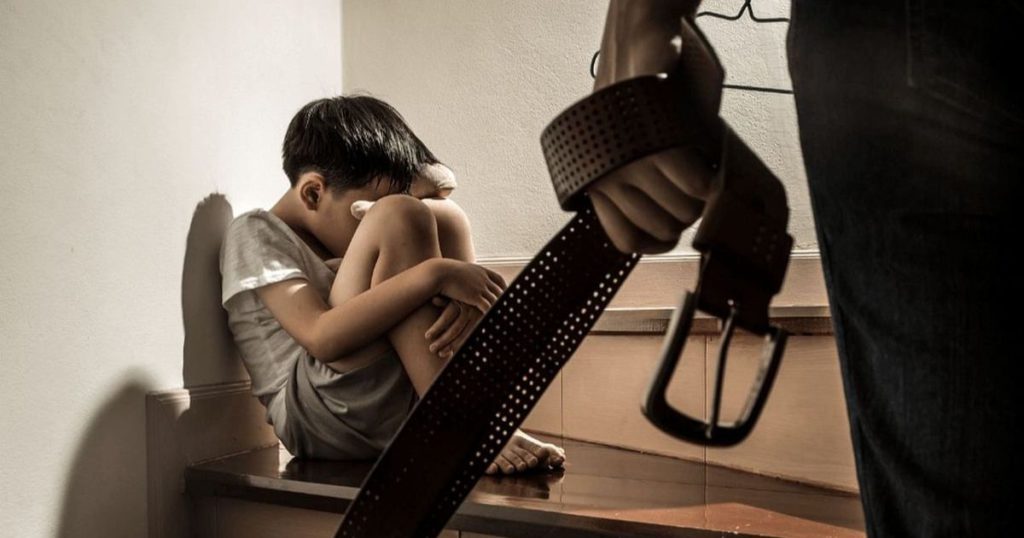The Child Protection and Family Services Agency (CPFSA) is calling on parents, guardians and caregivers to discipline children positively and to do so with love.
Reports coming out of the National Children’s Registry (NCR) showed a 22 per cent increase in child abuse incidents over the December 2020 to January 2021 period.
Senior Registration Officer at the CPFSA’s National Children’s Registry, Lesia Bhagwandat-Vassell, said that due to the coronavirus pandemic, children are more confined to their homes, which means adults now have added parental stress (balancing family life and home), so she is encouraging them to contact the Agency for assistance with raising their children.
The CPFSA provides counselling and other support through its Children and Family Support Unit as part of its effort to strengthen families.
“We are imploring parents to discipline their children with love in a manner that is age-appropriate, and avoid physical punishment. Some persons are of the belief that physical punishment is the only means of disciplining their children, as it is what they know,” Bhagwandat-Vassell said, adding that “in our culture, most persons also believe that ‘pickney must be disciplined with lick’.”
She said that during these unprecedented times, adults are being encouraged to find ways to manage their stress levels to care for children and themselves.
Bhagwandat-Vassell added that adults should prioritise and try not to take on everything at once. This can be done by creating a daily “to do” list, she suggested. “Monitor and manage your emotions and stress level because children feed off your energy and rely heavily on you to provide a sense of safety and security. So, it is important to maintain self-care routines and good mental and physical health to be able to respond effectively to both needs during this difficult time,” she said.
“Also, take time to exercise, even around the house or take a drive away from the usual environment. Identify the stressor (what is causing the stress) and find a response mechanism to relieve it,” Bhagwandat-Vassell advised.
She also emphasised child participation, citing the importance of involving children in daily activities and assigning age-appropriate house chores to lessen the workload of parents. “Adults should also model the ideal behaviour that they want to see children demonstrating. Some adults believe that children should know their place and act like children, but as adults, we must live the behaviour we want the children to demonstrate. The old saying ‘children live what they learn’ is still relevant in our society,” Bhagwandat-Vassell said. “Negative behaviour should have consequences, so rules must be set and the children must be aware of the consequences for breaking the rules. However, positive behaviours should be rewarded, as too often we only focus on the negatives,” she added.
Bhagwandat-Vassell is encouraging parents and guardians to listen to the children.
“Hear them out on issues. Having a conversation can inform adults of what is happening with the child and the measures to be taken if there are issues,” she said.




